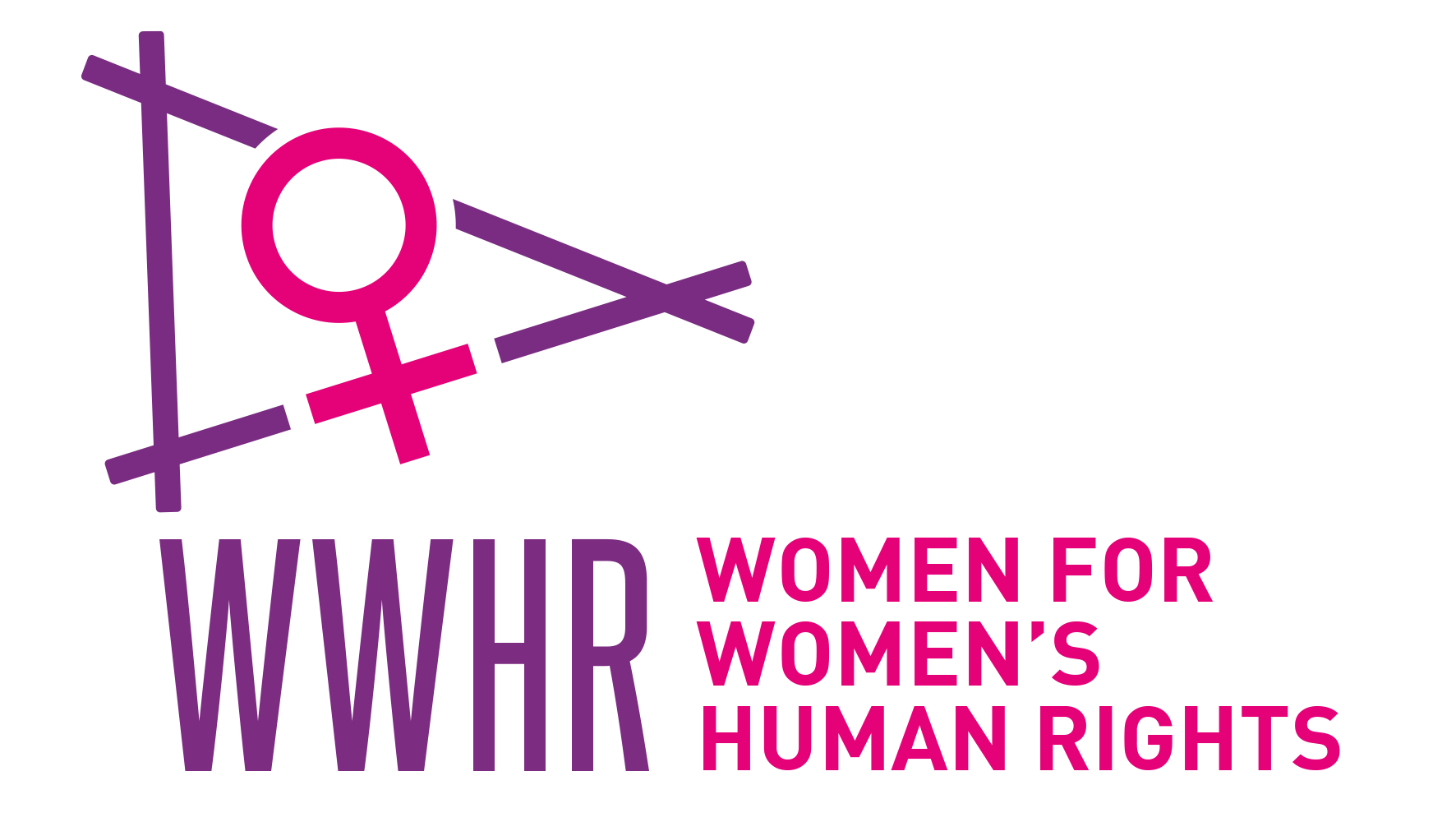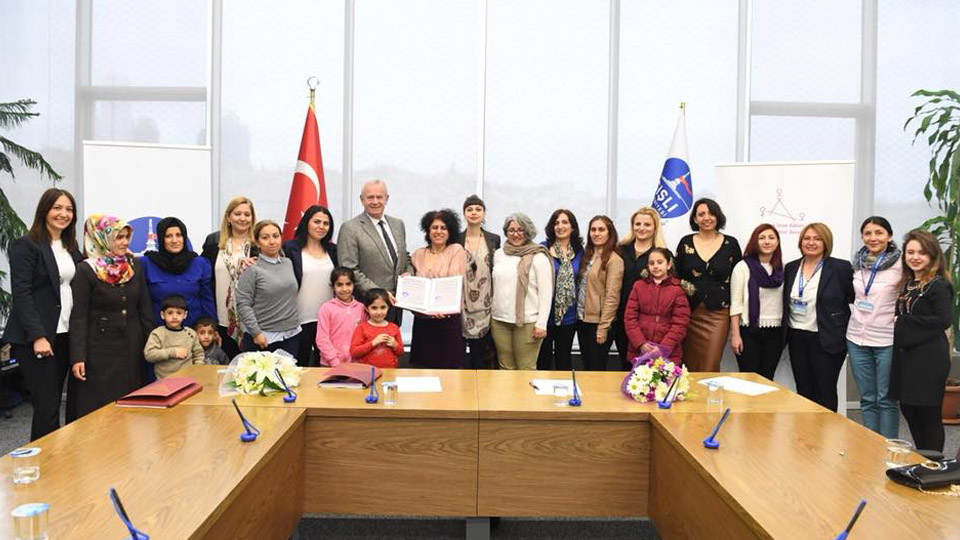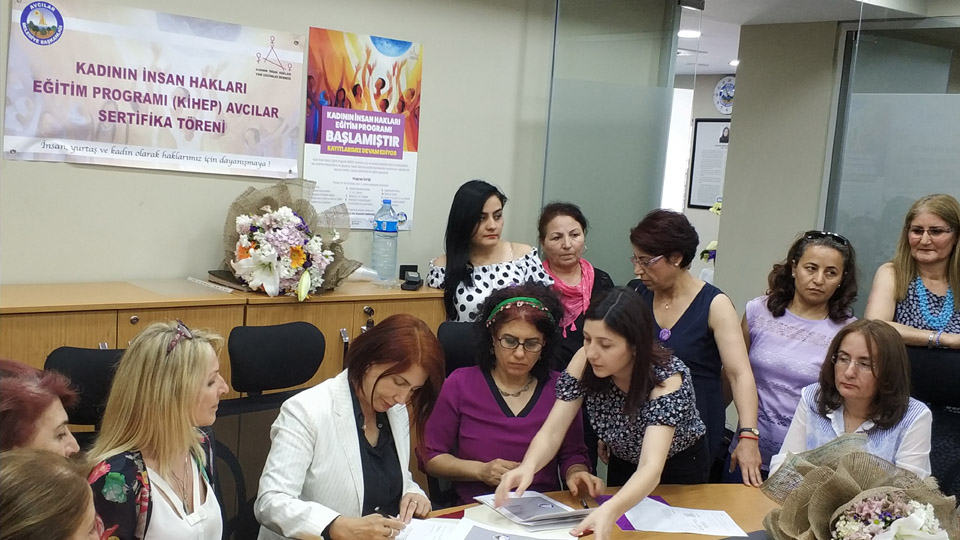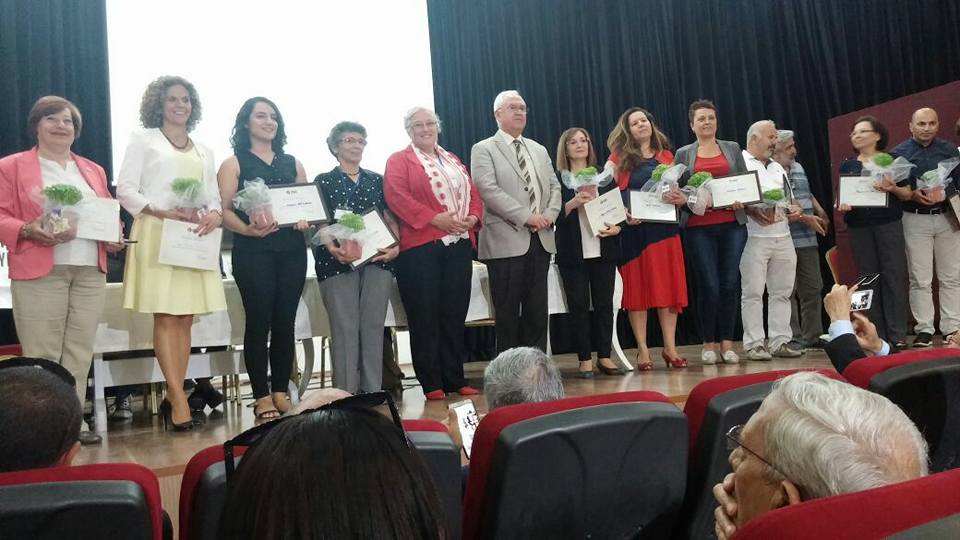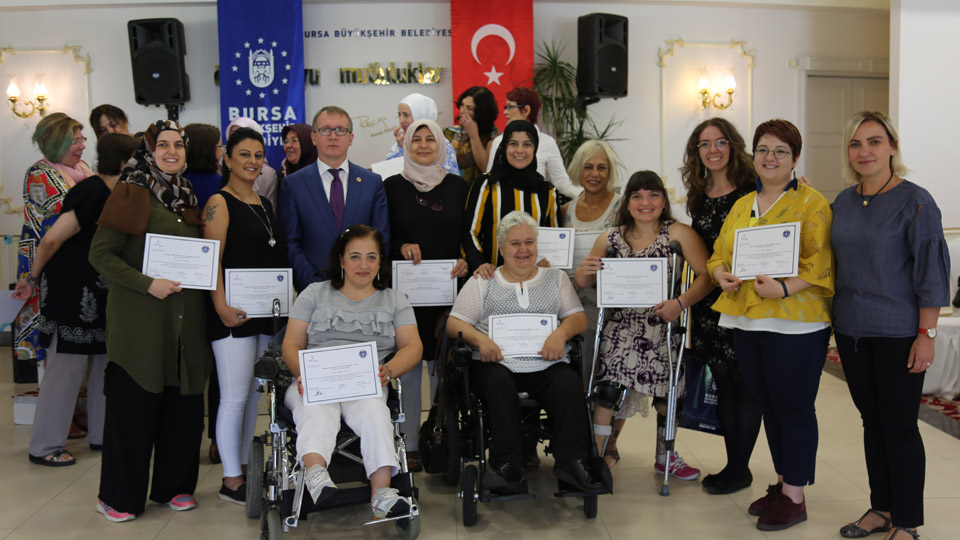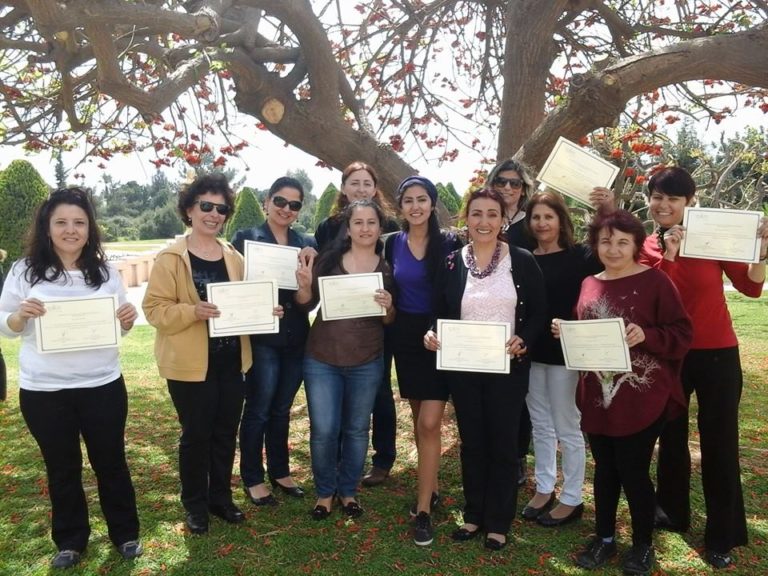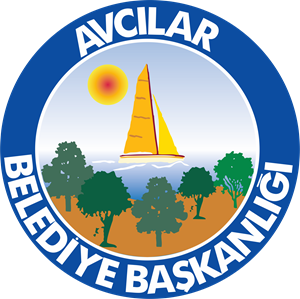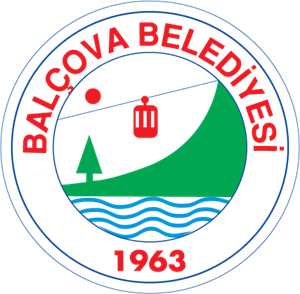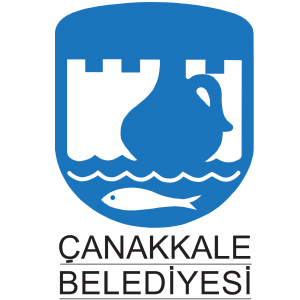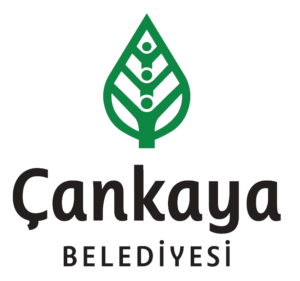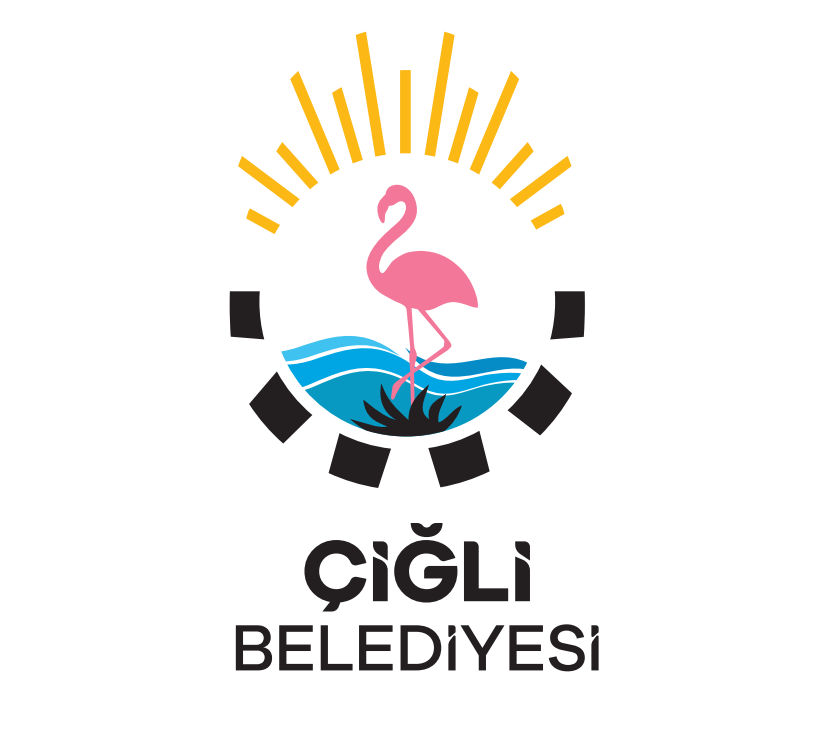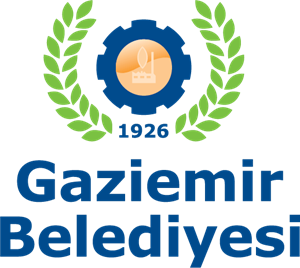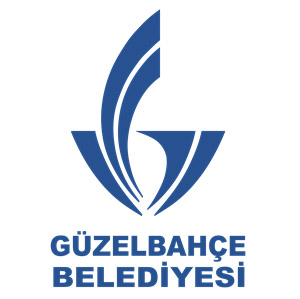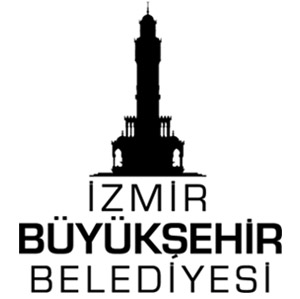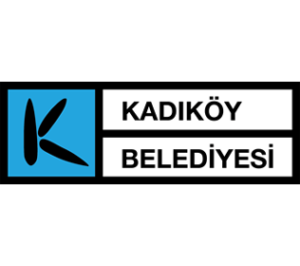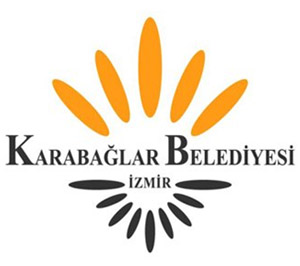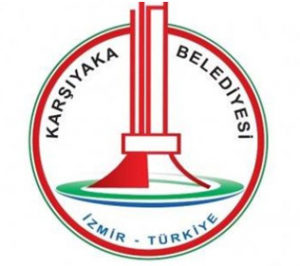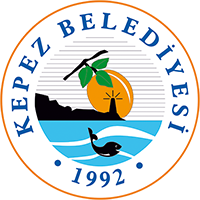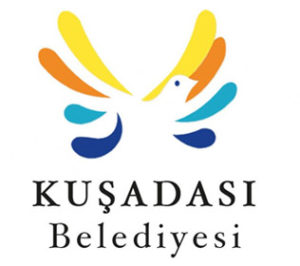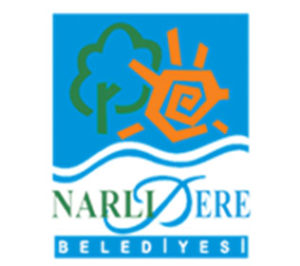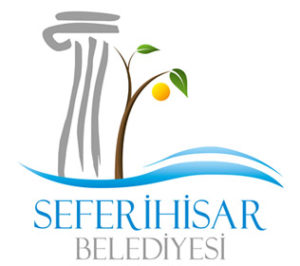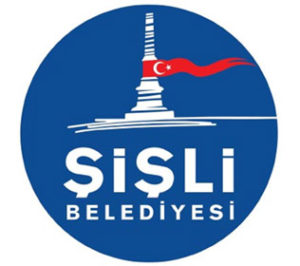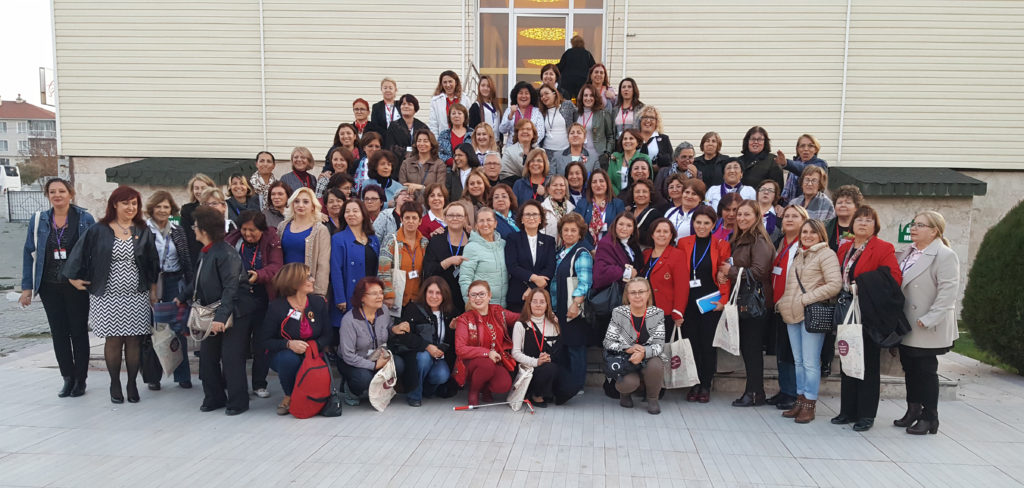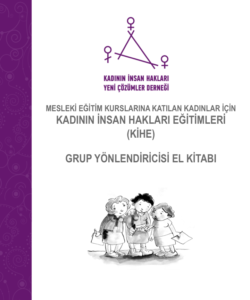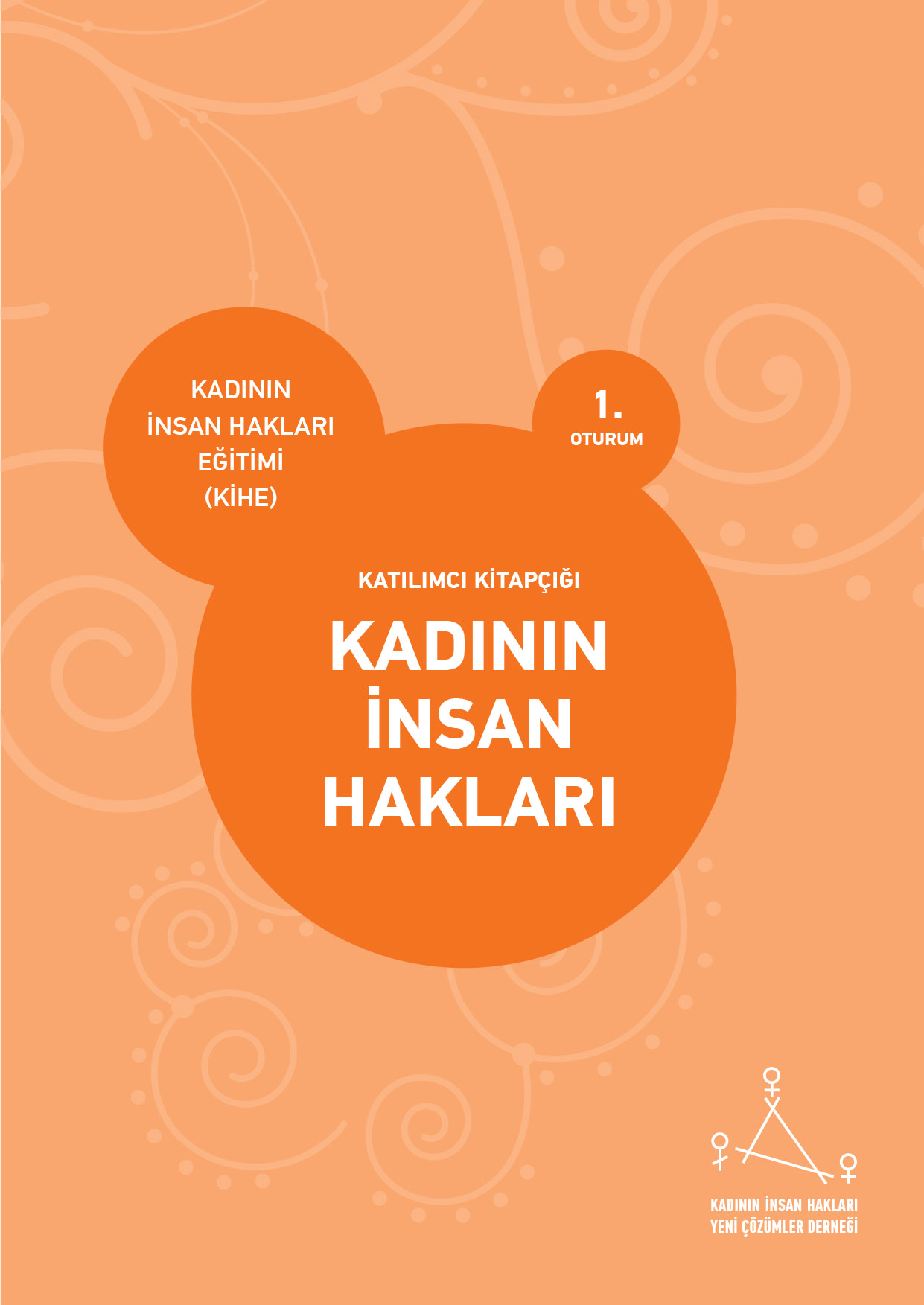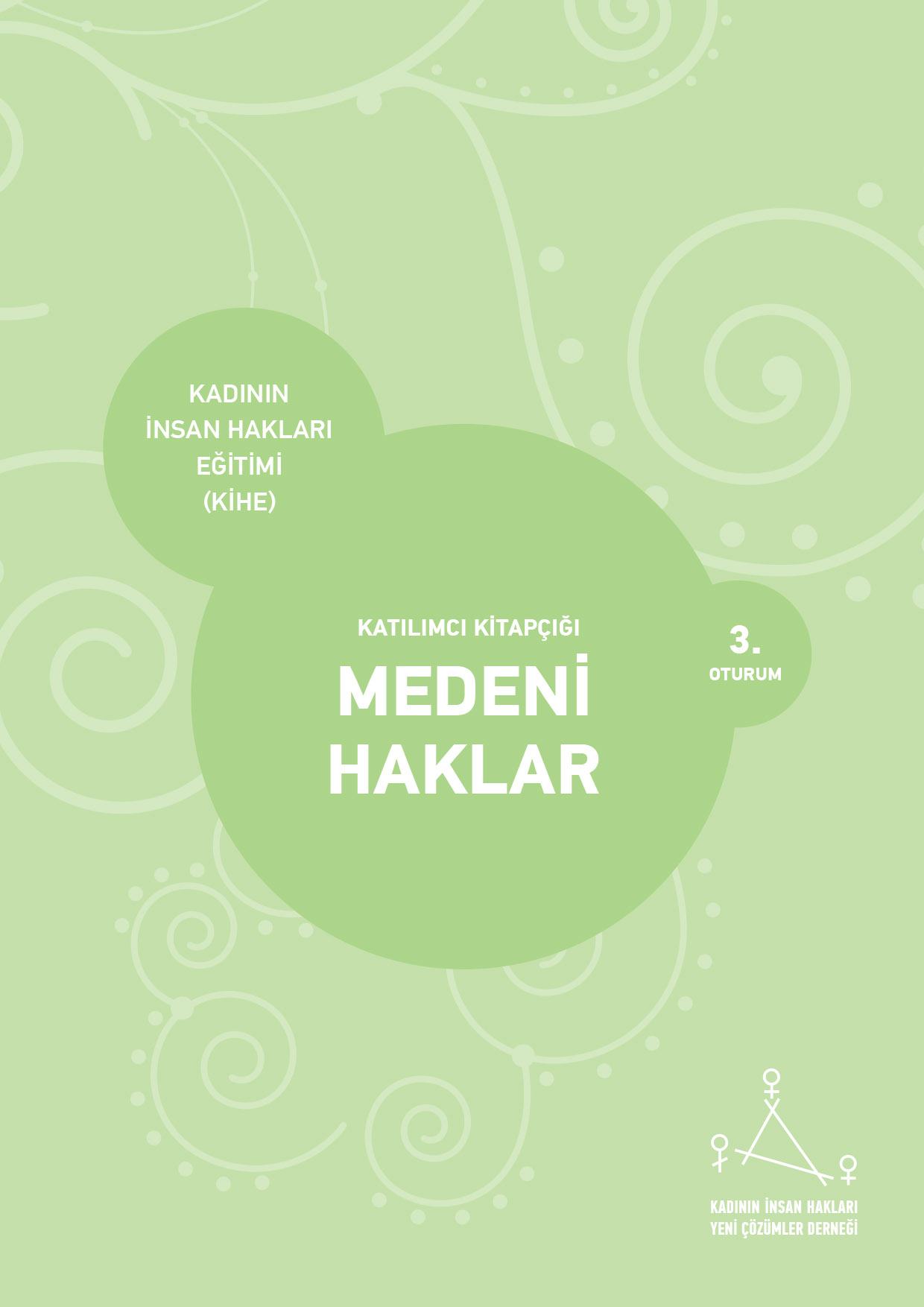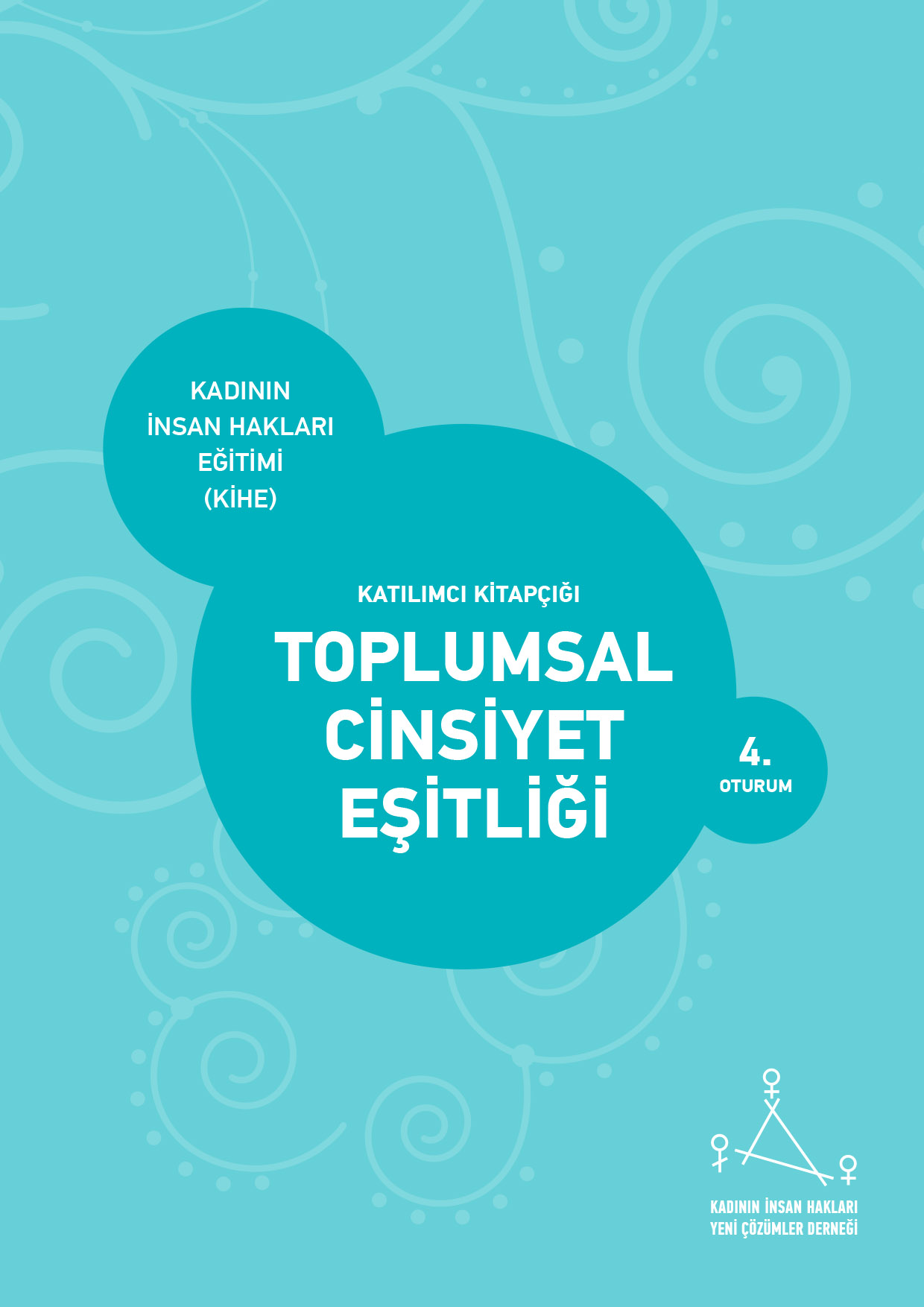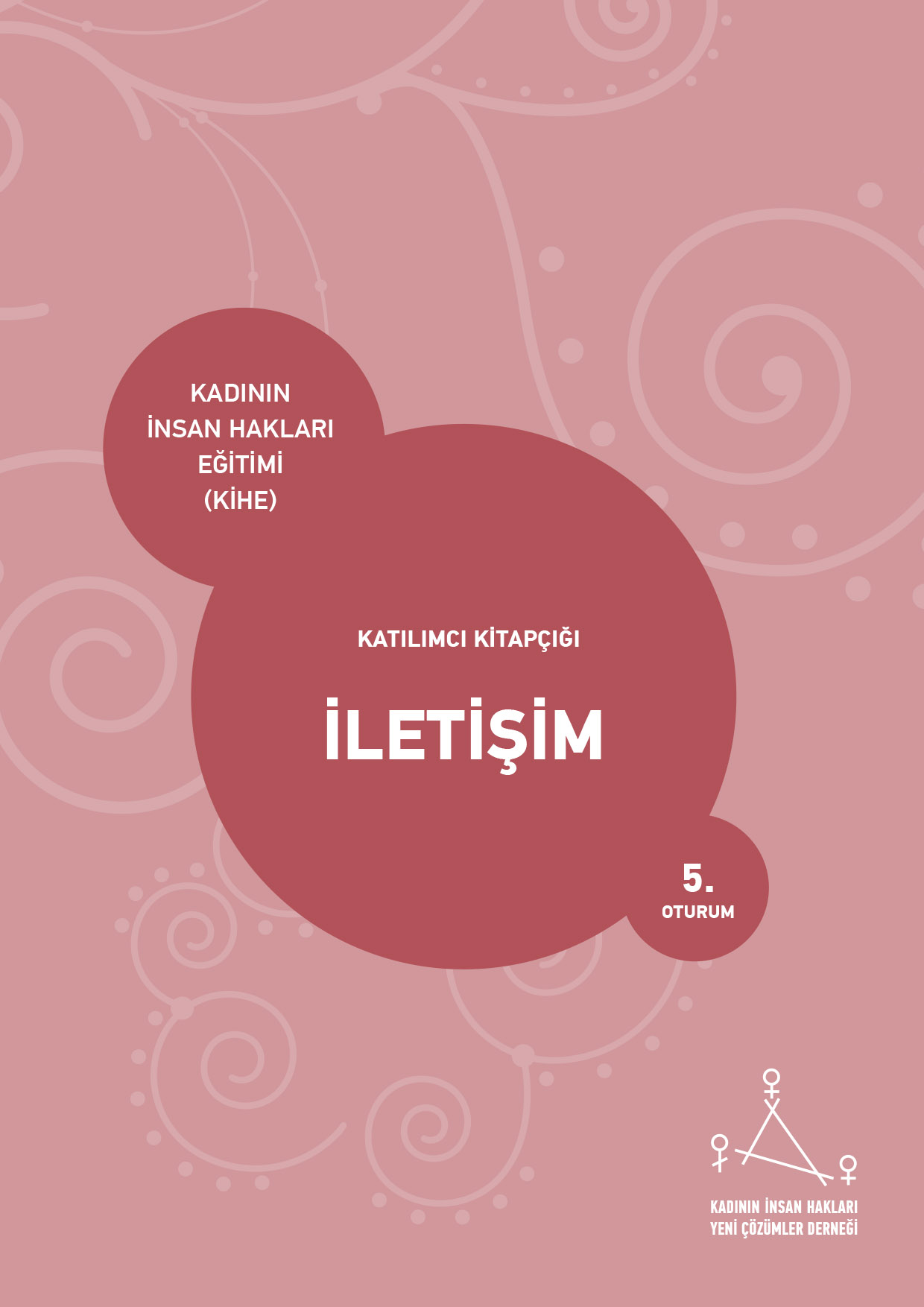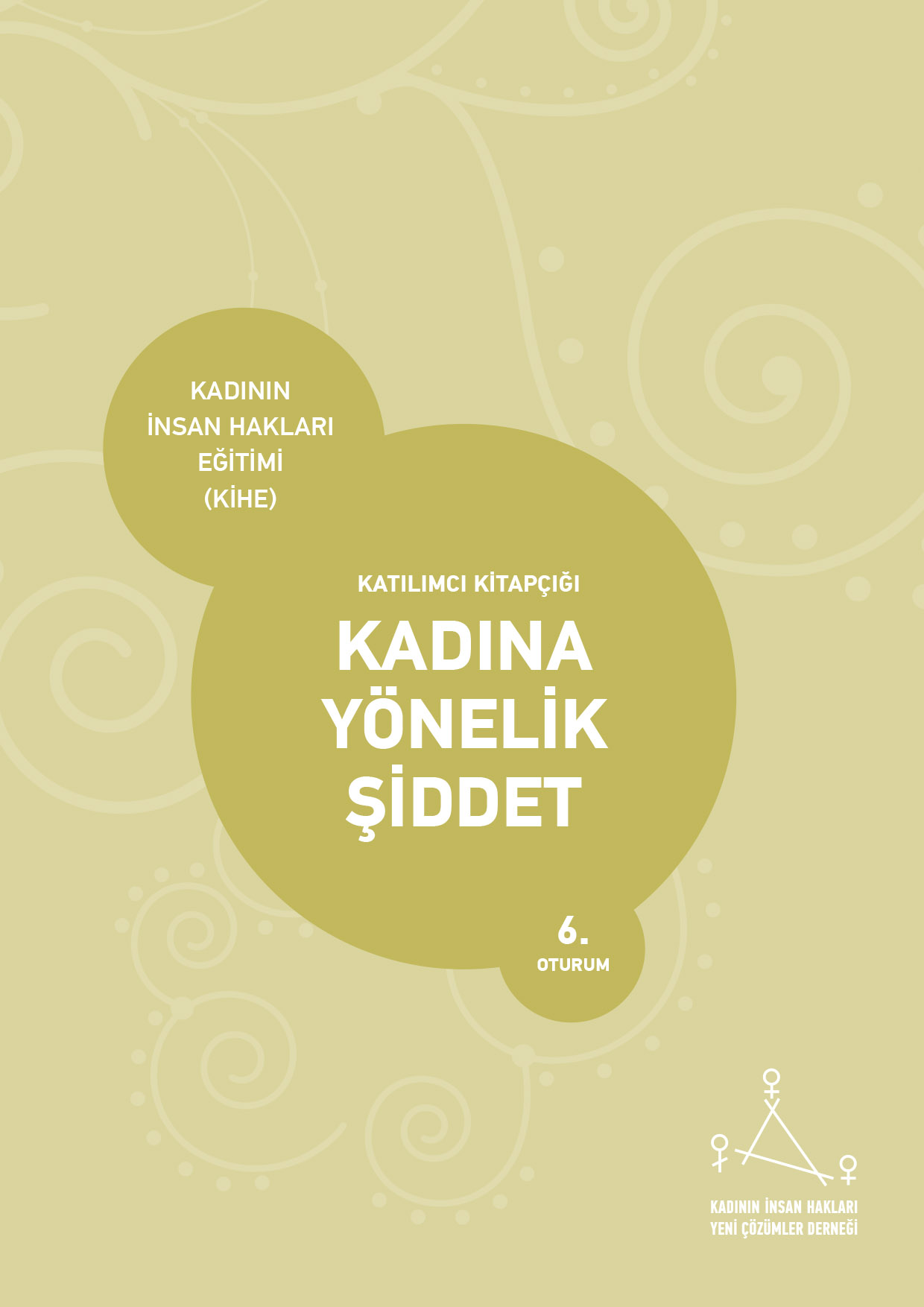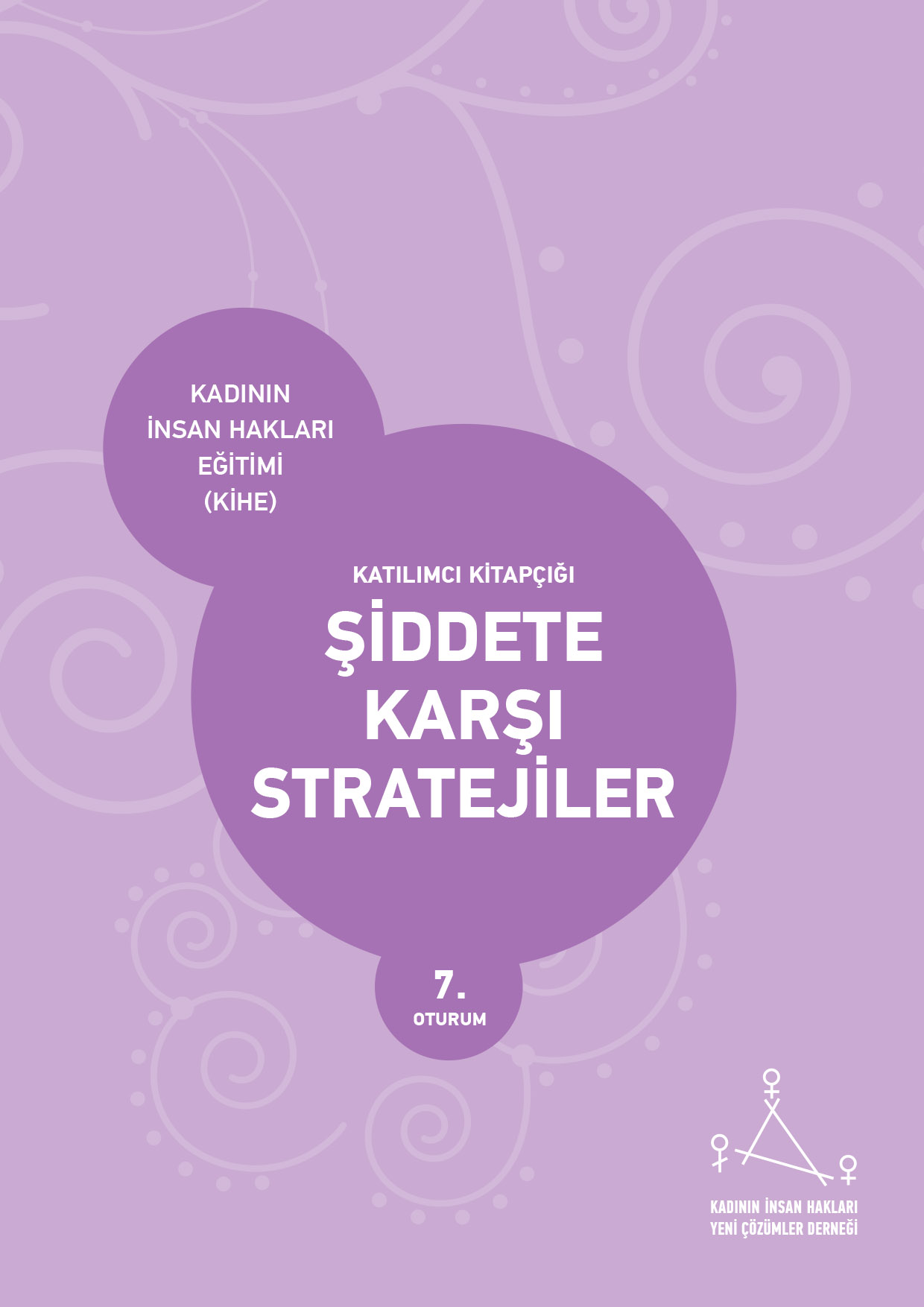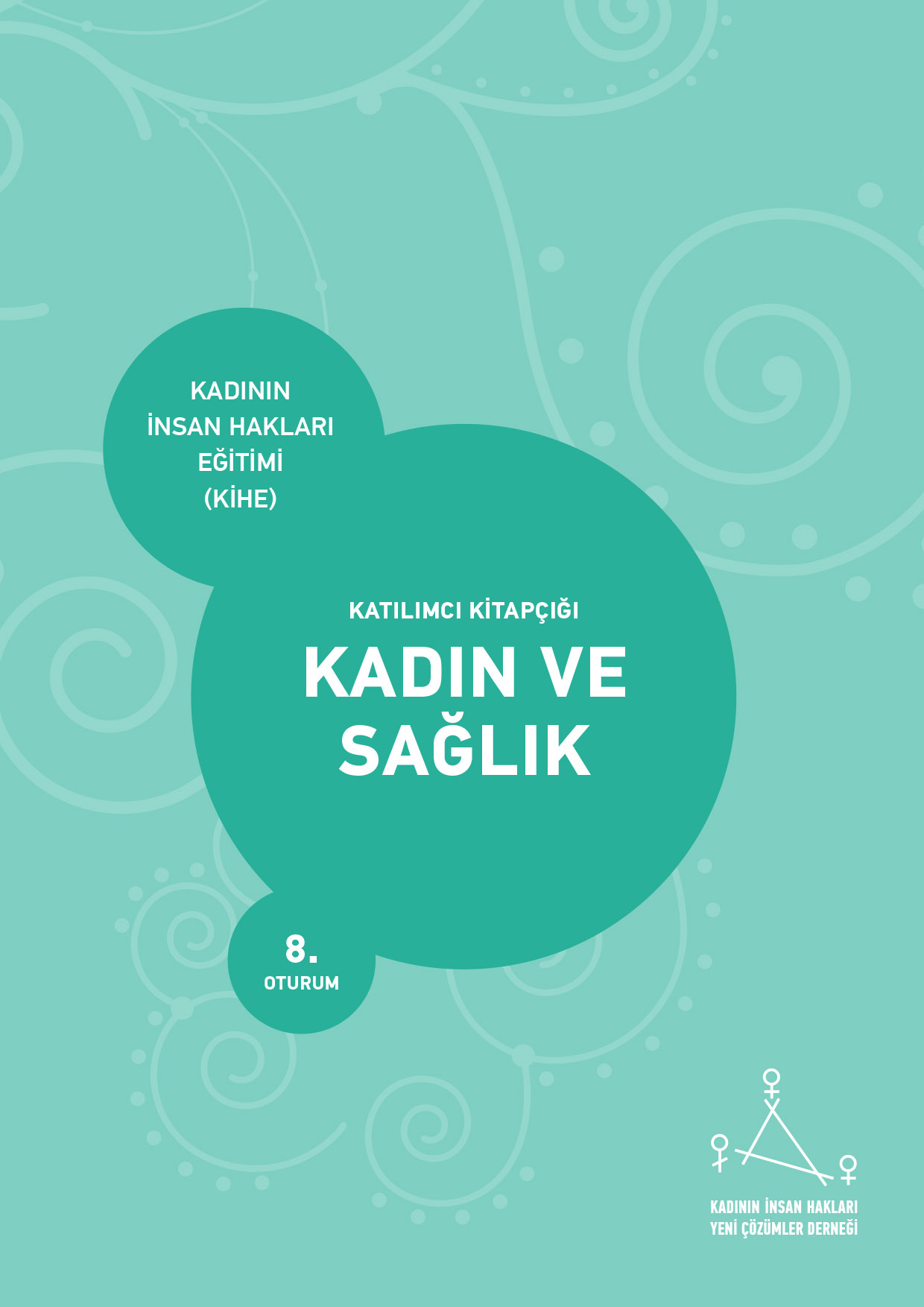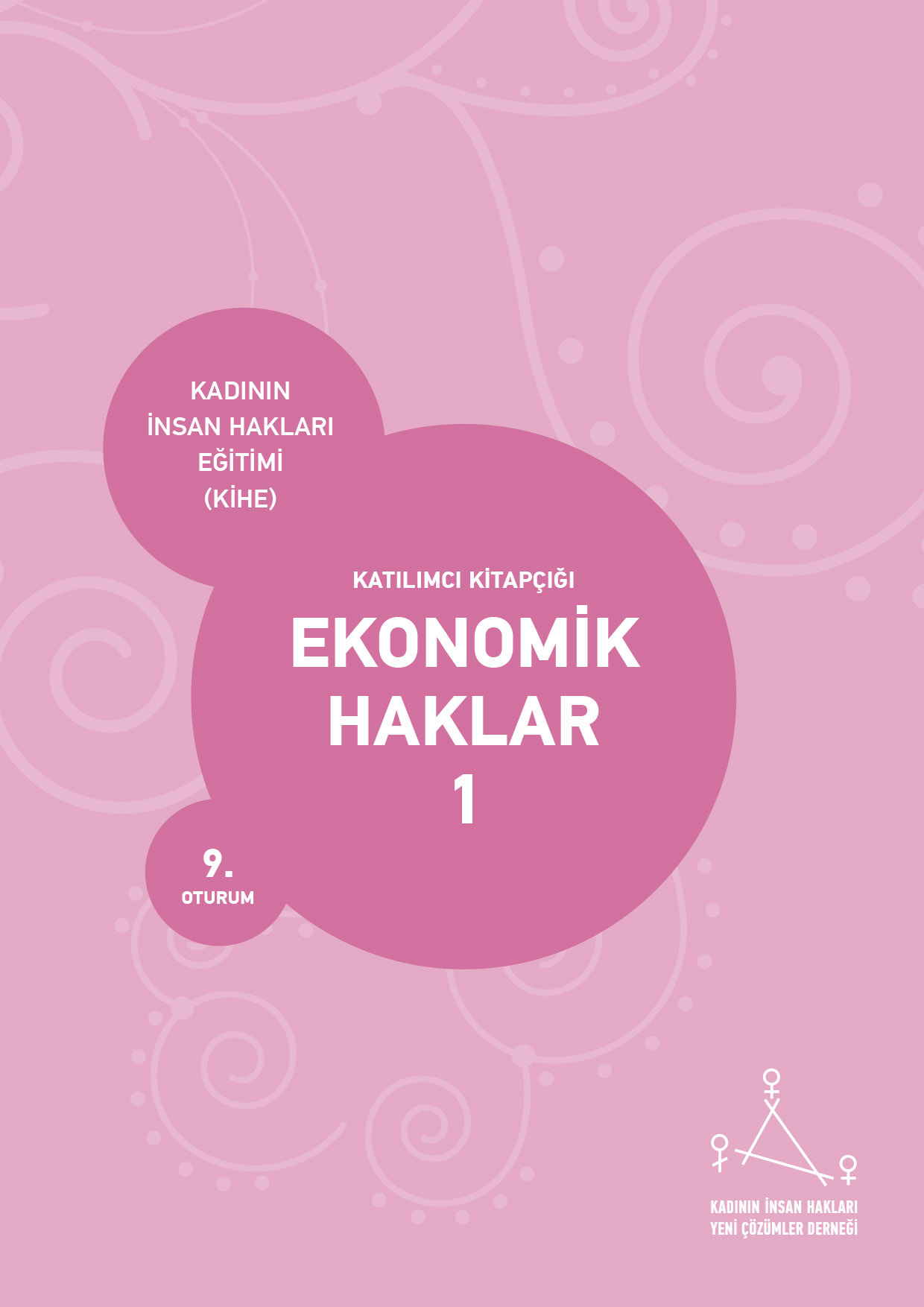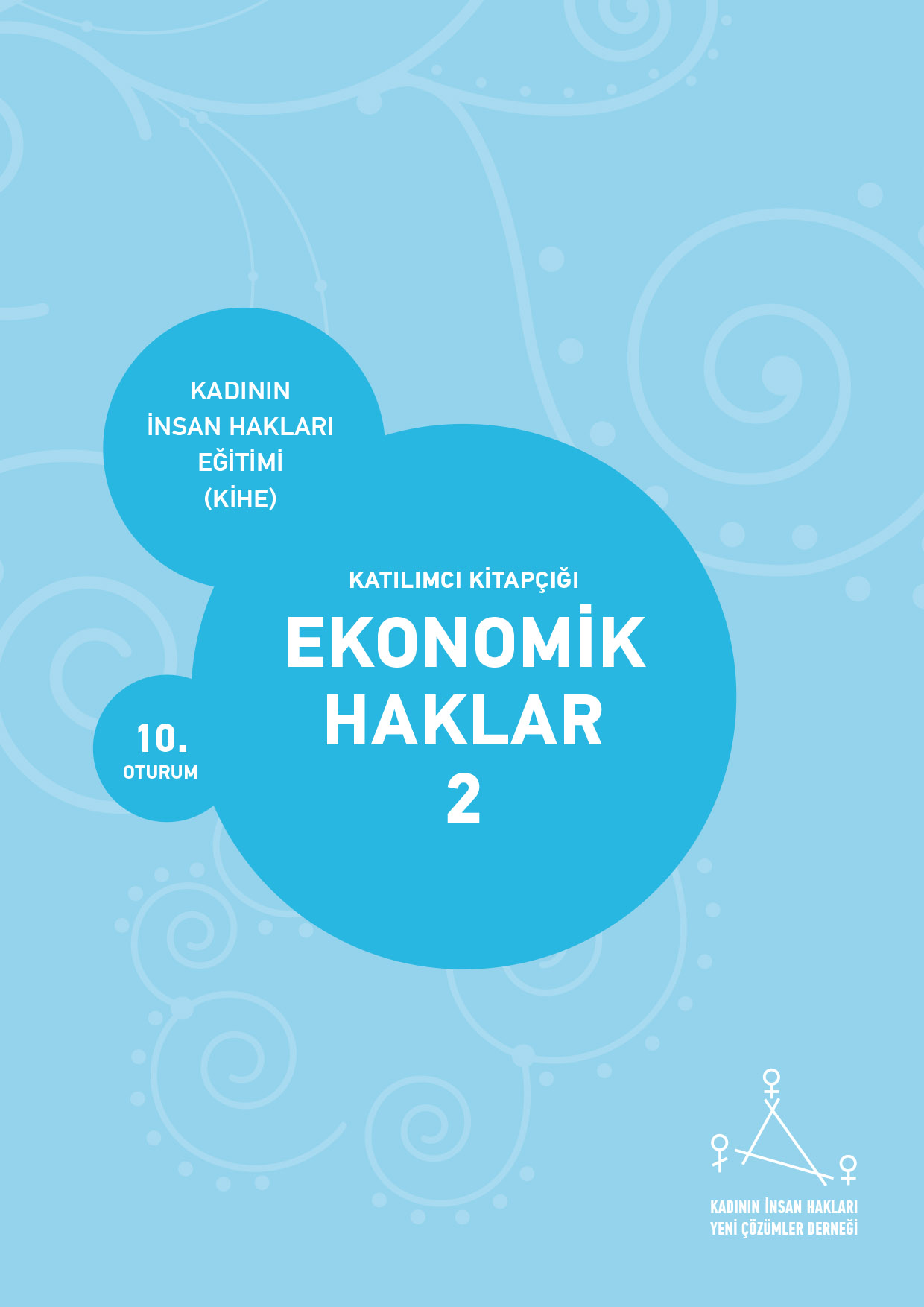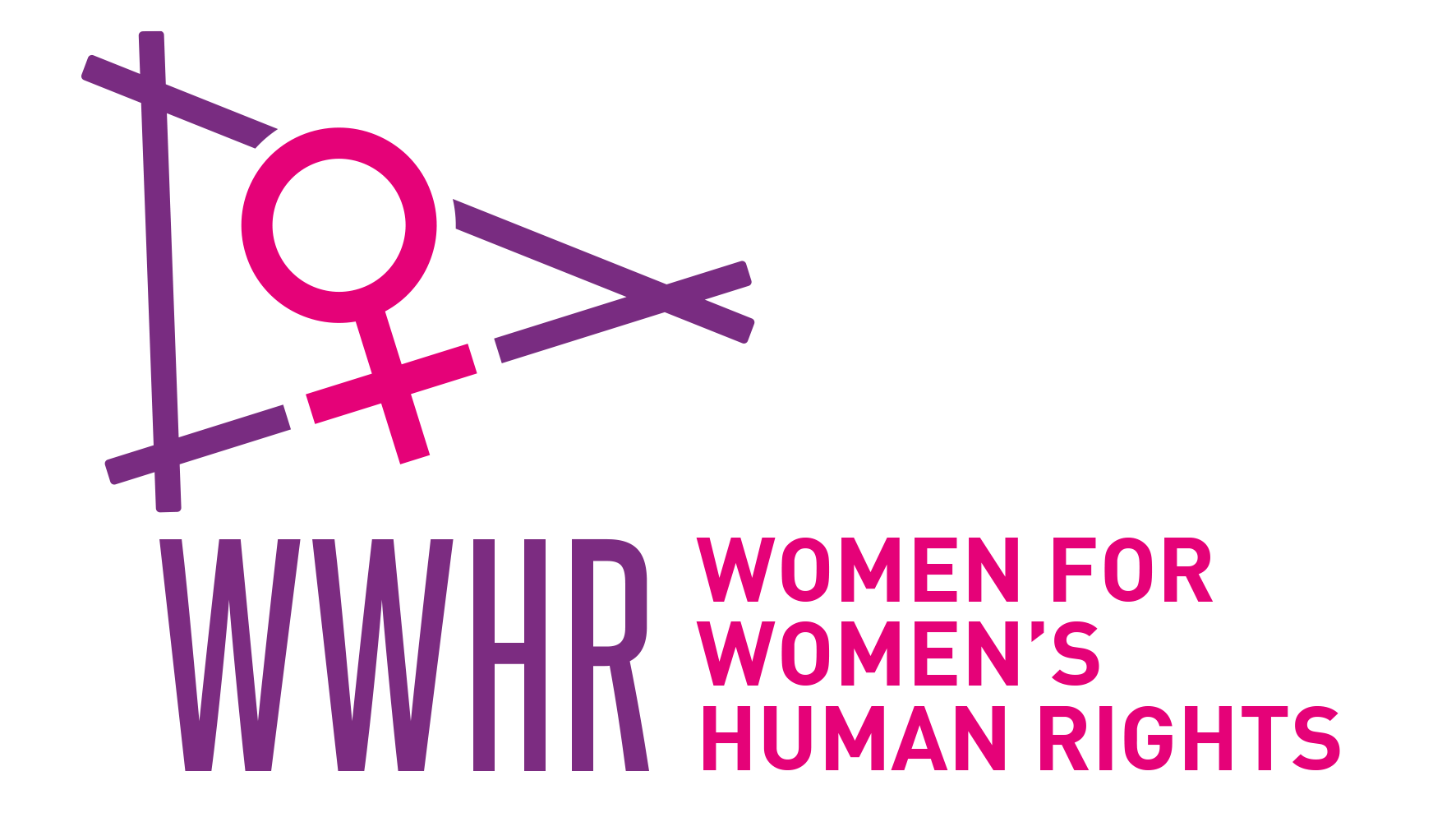PARTNERSHIPS WITH WOMEN’S ORGANIZATIONS
WWHR makes a special effort to build lasting partnerships with local women’s organizations, which it considers its natural partners, and it prioritizes collaborating with them not only on HREP, but also in national and international women’s networks. Local HREP implementations have proven vastly effective in getting new and independent women’s organizations started – especially in places where none were yet in existence. In addition to this, women from HREP played a major role in the advancement of existing women’s organizations in their localities and in involving them in political mechanisms. In time, these local organizations became institutional partners of WWHR and enrolled one or more of their members in HREP Training of Trainers courses to then start implementing the program in their own region. These partnerships formed with dozens of women’s organizations to date, continue contributing to the local empowerment of women on the one hand, and the establishment of new partnerships with other women’s organizations on the other.
As a collaborative effort of WWHR and the Muş Women’s Roof Association, we developed a 10-module Training Manual for the Empowerment Program for Young Girls targeting girls aged 15 to 18. Yet, since the Muş Women’s Roof Association was shut down by a statutory decree issued towards the end of 2016, just as the pilot implementation was to begin, the program was never tested on the field. Though a clear plan as to where and with whom the program is to be implemented is still nowhere in sight, it is supposed that the potential impact will be quite high. We intend this pilot implementation to be part of our plans for the upcoming years, depending on future circumstances.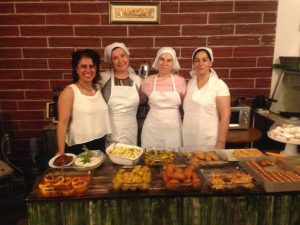
Our partnerships with women’s organizations who have been implementing HREP as part of their own agenda have been growing rapidly, especially since 2016. In addition to the Van Women’s Association and Muş Women’s Roof Association shut down by statutory decree in November 2016, we have been collaborating on project development as an act of solidarity with other feminist organizations such as the Izmir Women’s Solidarity Association, Association for Struggle Against Sexual Violence, East and Southeastern Anatolia Businesswomen’s Association, and the Mor Çatı Women’s Shelter Foundation. Educational activities to be carried out in the upcoming period within the scope of these resulting projects, such as HREP and seminars, will be undertaken in partnership with WWHR.
